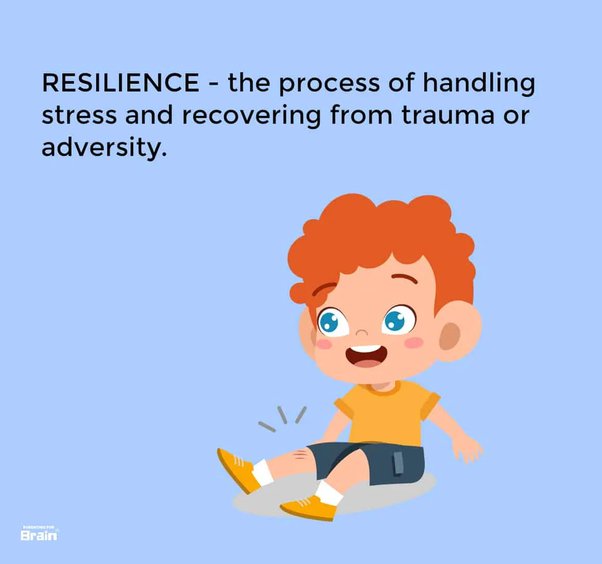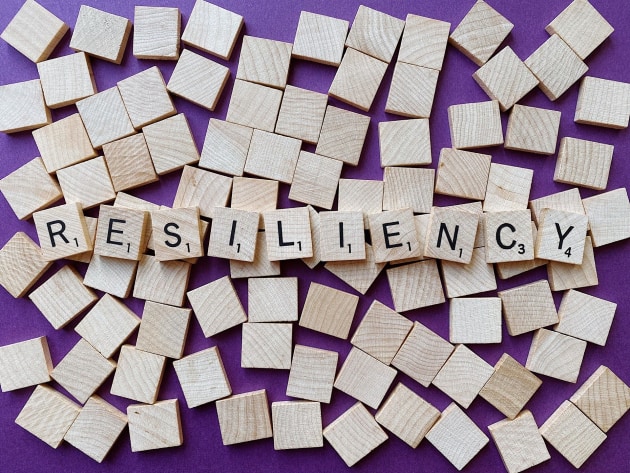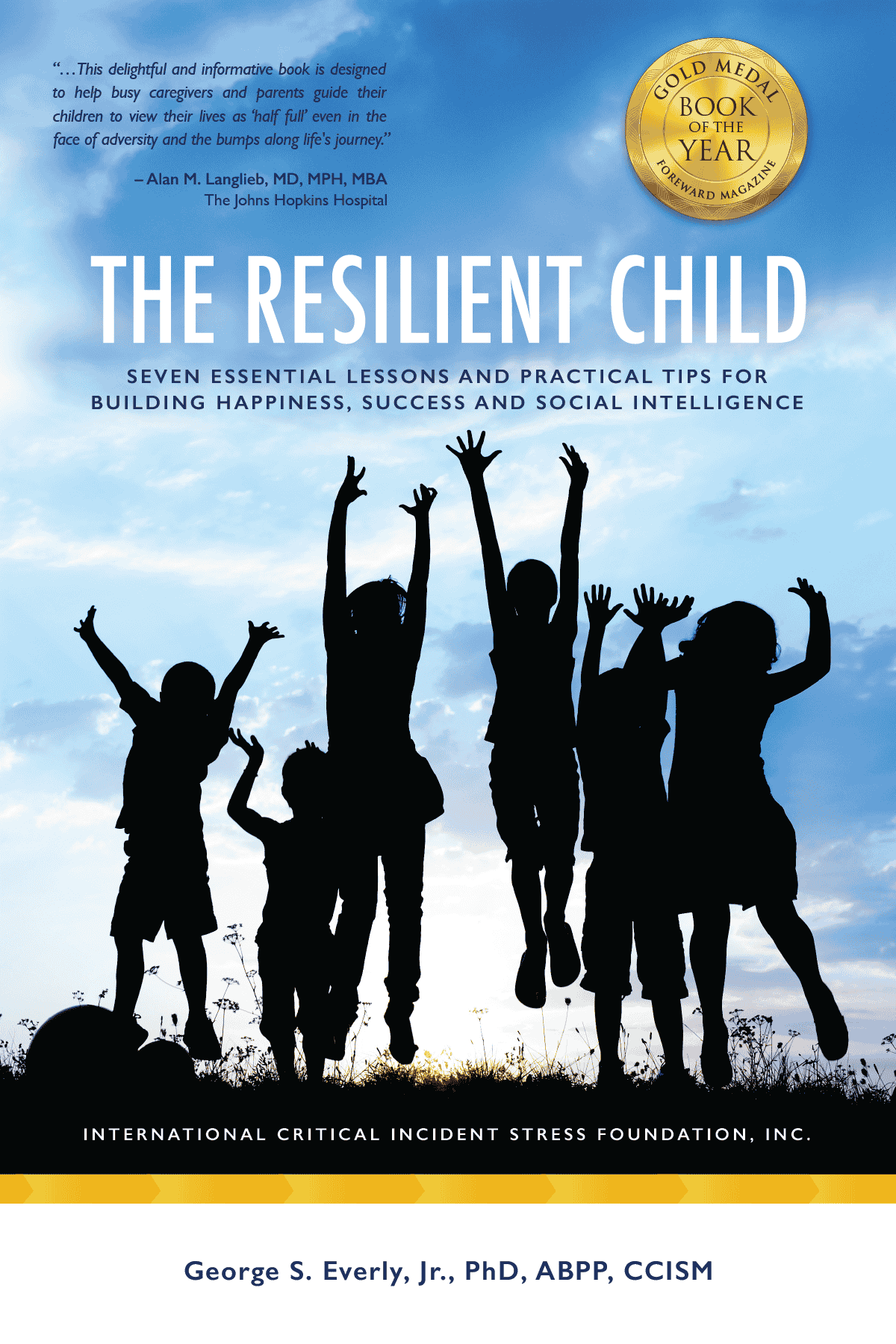Did You Know Play Can Help Build Kids Resilience?
By Mautushi Paul |
Date 05-09-2023

Table of Contents
Admissions Open for
Introduction
Is it surprising that kids learn and develop best when they’re having fun? Play is a natural way for children to explore the world around them, learn new skills, and figure out how they fit in. And it turns out that play can also help in building resilience – the ability to bounce back from setbacks and cope with stress. So, what should a parent do? Here are some ideas to get you started.

What does it mean when we say resilience in kids?
Do you sometimes wonder what building resilience in your child means? Is it in any way helpful for you or your child? In simple terms, resilience is the ability to cope with stress and adversity. It is the capacity to recover quickly from difficulties. Resilience is not a rare or extraordinary quality; it exists in everyone. However, some people can draw on their resilience better than others. Many factors contribute to building resilience, including a positive outlook, support from others, good problem-solving skills, and a sense of control.

You would be surprised to know that research suggests that play can help build children’s resilience. Play allows children to experiment with different roles, explore new ideas, and develop a sense of control over their environment. Through play, children can practice handling difficult emotions and situations. They learn what works best for them as they try different ways of coping with adversity.
Does play really help kids in building resilience?
Yes, play really does help kids in building resilience. There are many ways in which play has helped kids in building resilience in ways beyond our imagination.
Seven ways how play helps kids to build resilience!
- Play allows children to experiment with different roles
Kids are constantly experimenting with other parts when they are playing. They try out being the leader, the follower, the boss, etc. This helps them understand what works best for them and what doesn’t. It also helps them learn how to handle different emotions and situations.
- Play allows children to express their emotions.
When children are playing, they can express their feelings in a safe and controlled environment. This can help them understand and cope with their emotions better.
- Play allows children to practice problem-solving
Problem-solving is an integral part of the play. Children must figure out how to solve problems to progress in their games. This helps them develop critical thinking and problem-solving skills.
- Play can improve children’s physical health.
Physical activity is an integral part of the play. It helps children develop their gross motor skills and stay active. This can lead to better physical health overall.
- Play can promote social and emotional development.
Play can help children develop social and emotional skills. They learn how to interact with others, share, and take turns. They also learn how to express emotions in a safe and controlled environment. This can help them understand and cope with their feelings better.
- Play can enhance cognitive development.
Play can help children learn and practice essential cognitive skills. These include problem-solving, critical thinking, and creative thinking. Through play, children have a chance to experiment, make mistakes, and try new things. This helps them learn about the world around them and develop their unique way of
Why is building resilience crucial for kids?
Resilience is crucial for kids because it helps them cope with difficult situations and setbacks. It teaches them a lot of things.
1. How to deal with their emotions
2. How to problem-solve
3. How to be creative
4. How to think critically
5. How to be resilient in the face of difficulties
Resilience is an essential skill for kids because it will help them throughout their lives.

Takeaway!
So, the next time you see your child wrestling with a problem or feeling down, don’t be so quick to jump in and solve it for them. Instead, try giving them space and time to work it out independently. And if they need a little help getting started, suggest that they play around with the problem until they find a solution. As it turns out, play may be one of the best ways to help kids in building resilience – something we could all use more in these challenging times.
Orchids International School is a haven for those who want their children to learn in an engaging, interactive way. Every student’s education begins with game-based learning that helps them build resilience and understand cause/effect relationships so they can be prepared no matter what life throws.
How do you foster resilience in your children? Have you tried using play as a tool? Let us know in the comments below.
Also Read,
10 Tips For Improving Parent-Child Communication
Other Related Sections
NCERT Solutions | Sample Papers | CBSE SYLLABUS| Calculators | Converters | Stories For Kids | Poems for Kids| Learning Concepts | Practice Worksheets | Formulas | Blogs | Parent Resource
CBSE Schools In Popular Cities
- CBSE Schools in Bangalore
- CBSE Schools in Mumbai
- CBSE Schools in Pune
- CBSE Schools in Hyderabad
- CBSE Schools in Chennai
- CBSE Schools in Gurgaon
- CBSE Schools in Kolkata
- CBSE Schools in Indore
- CBSE Schools in Sonipat
- CBSE Schools in Delhi
- CBSE Schools in Rohtak
- CBSE Schools in Bhopal
- CBSE Schools in Aurangabad
- CBSE Schools in Jabalpur
- CBSE Schools in Jaipur
- CBSE Schools in Jodhpur
- CBSE Schools in Nagpur
- CBSE Schools in Ahmednagar
- CBSE School In Tumkur

Call Us to know more about Orchids
Swipe Up

















